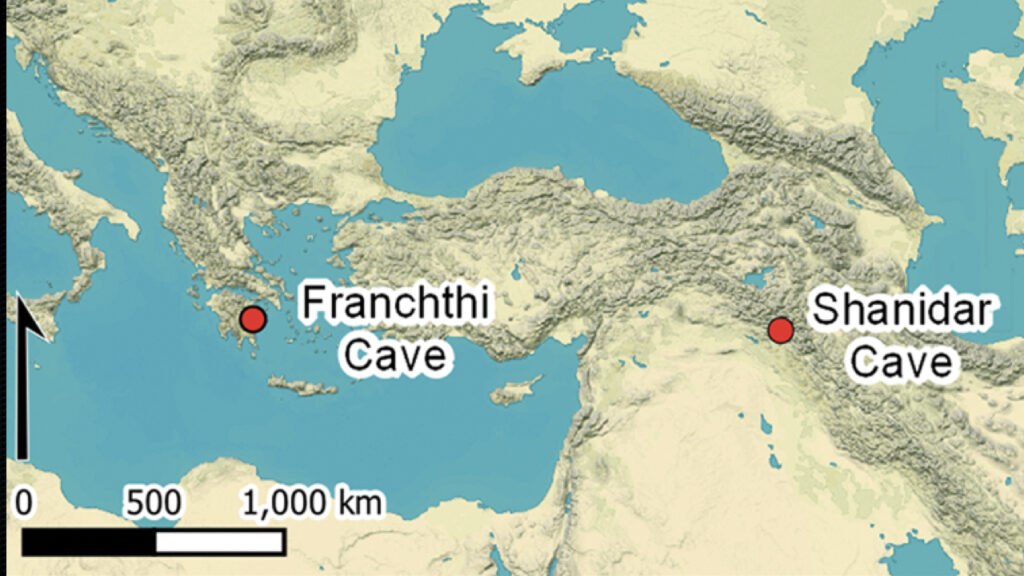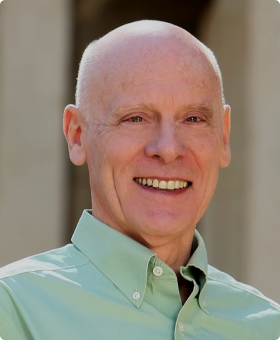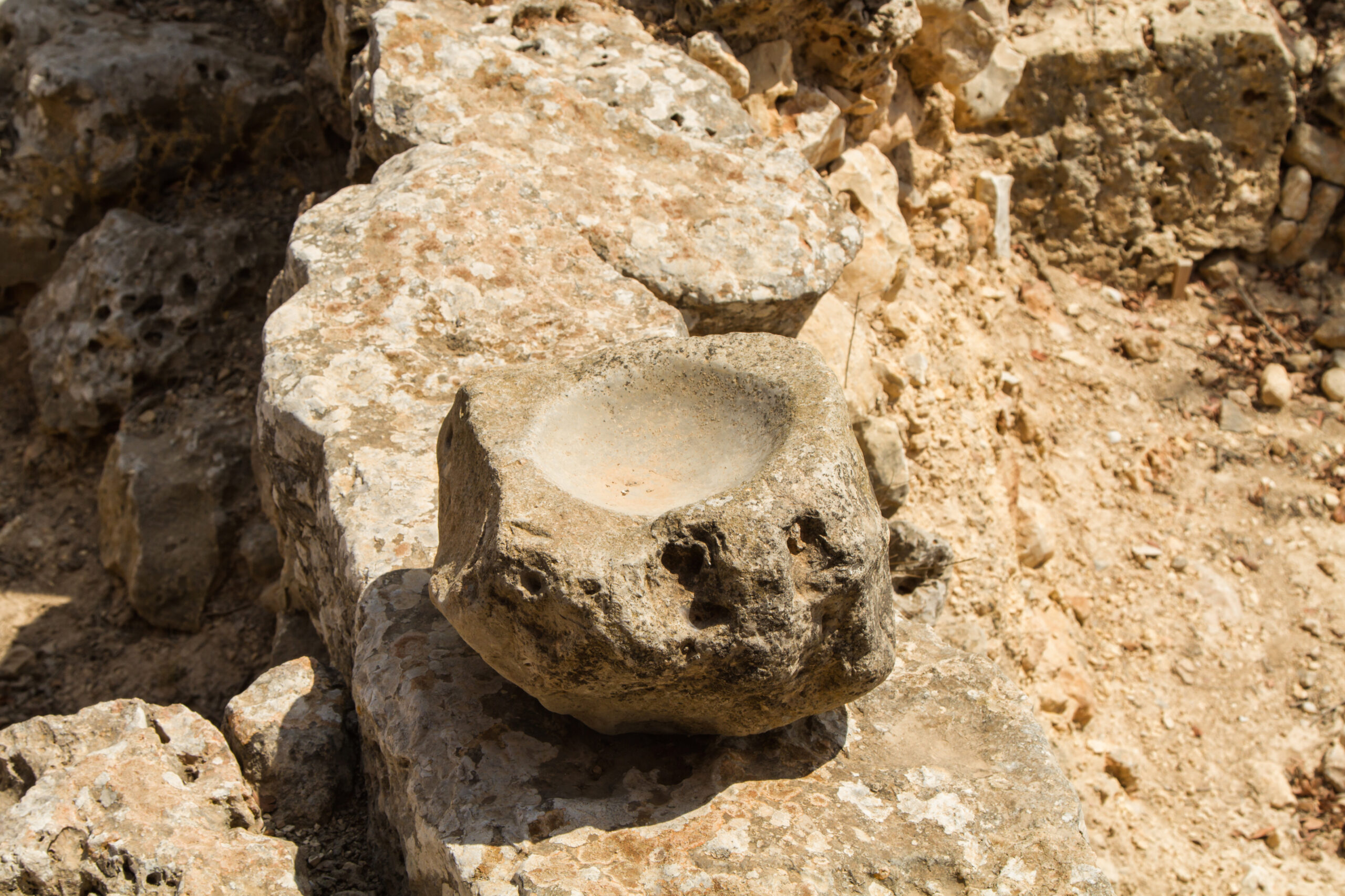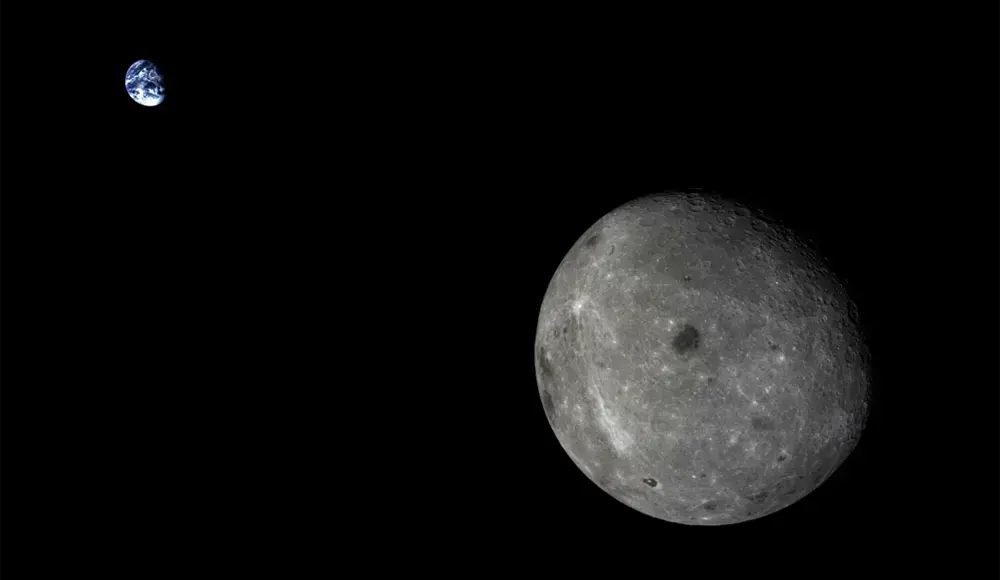This article was originally authored by Dr. Hugh Ross and is republished here with permission from Reasons to Believe, a ministry dedicated to integrating science and faith. All rights reserved by the original publisher. To explore more resources, visit their website Reasons to Believe.
Genesis and Early Human Agriculture
Genesis 4:2–4 records that the first humans cultivated crops and raised flocks. For decades, scientists described early humans as simple hunter-gatherers whose diet centered on meat and wild plants.
Archaeological Discoveries and Food Preparation
In 2015, new evidence began to reshape that view. Researchers found proof that ancient humans were baking bread and processing grains more than 30,000 years ago. Dr. Hugh Ross has written about discoveries showing that humans harvested, roasted, ground, and baked grains into bread-like foods long before recorded history.
Climate Challenges and Agricultural Development
Before 12,000 years ago, climate instability and low carbon dioxide made farming difficult. Because of this, early agricultural activity was small-scale and mixed, which explains why traces of advanced food production took so long to uncover.
Franchthi and Shanidar Cave Discoveries
A research team led by Ceren Kabukcu examined charred plant remains found in the Franchthi Cave in Greece and the Shanidar Cave in Iraqi Kurdistan. Their results, dating between 40,000 and 13,000 years ago, revealed early humans soaked, ground, boiled, and baked foods such as lentils, peas, pistachios, and mustards—showing remarkable culinary skill.

Transforming Toxic Plants into Food
Researchers found evidence that early humans detoxified wild plants such as bitter vetch and almonds by soaking and boiling them. These complex steps turned otherwise inedible plants into nutritious and flavorful foods—demonstrating advanced understanding of chemistry and health.
Widespread Human Ingenuity
Similar discoveries in Israel’s Kebara Cave and Borneo’s Niah Cave show that complex food processing was common across early human populations. Charred plant fossils revealed that people roasted, ground, and boiled wild almonds, acorns, and yams up to 65,000 years ago.
This growing body of evidence challenges the idea that humans evolved their technology slowly. Instead, it supports the biblical view of sudden human exceptionalism—creative, intelligent beings capable of adapting and innovating from the beginning.
Scientific and Theological Implications
Unlike other hominids such as Neanderthals or Denisovans, early humans demonstrated mastery of fire, cooking, and planning. This aligns with the Genesis account of humans made in God’s image, uniquely able to cultivate the earth and use reason for purposeful living.
Endnotes
- Most anthropologists use the term humans to include several hominid species that preceded modern humans.
- Ainit Snir et al., “The Origin of Cultivation and Proto-Weeds, Long before Neolithic Farming,” PLOS One, 2015.
- Hugh Ross, “The First Humans Developed Food-Processing Technology,” Reasons to Believe, 2015.
- Ceren Kabukcu et al., “Cooking in Caves: Palaeolithic Carbonised Plant Food Remains,” Antiquity, 2022.
- Eleni Asouti et al., “Environmental Change and Plant Use at Franchthi Cave,” PLoS ONE, 2018.
- Efraim Lev et al., “Mousterian Vegetal Food in Kebara Cave,” Journal of Archaeological Science, 2005.
- Hugh Ross, “Errors in Human Origins Dates,” Reasons to Believe, 2020.
- Graeme Barker et al., “The ‘Human Revolution’ in Lowland Tropical Southeast Asia,” Journal of Human Evolution, 2007.
Go Deeper

Dr. Hugh Ross
Hugh Ross is the founder and senior scholar of Reasons to Believe, an organization dedicated to communicating the compatibility of science and the Christian faith. While in college, Hugh committed his life to Jesus Christ after his study of cosmology convinced him of the existence of a Creator, specifically the God of the Bible. Hugh holds a degree in physics from the University of British Columbia and a PhD in astronomy from the University of Toronto. After five years on the Caltech faculty, he transitioned to full-time ministry and still serves on the pastoral team at Christ Church Sierra Madre. His writings include journal and magazine articles, hundreds of blogs, and numerous books-Why the Universe Is the Way It Is, Improbable Planet, Designed to the Core, and Rescuing Inerrancy, among others. He has spoken on hundreds of university campuses as well as at conferences and churches around the world and participates in the weekly Stars, Cells, and God podcast.




.webp)
Leave a comment